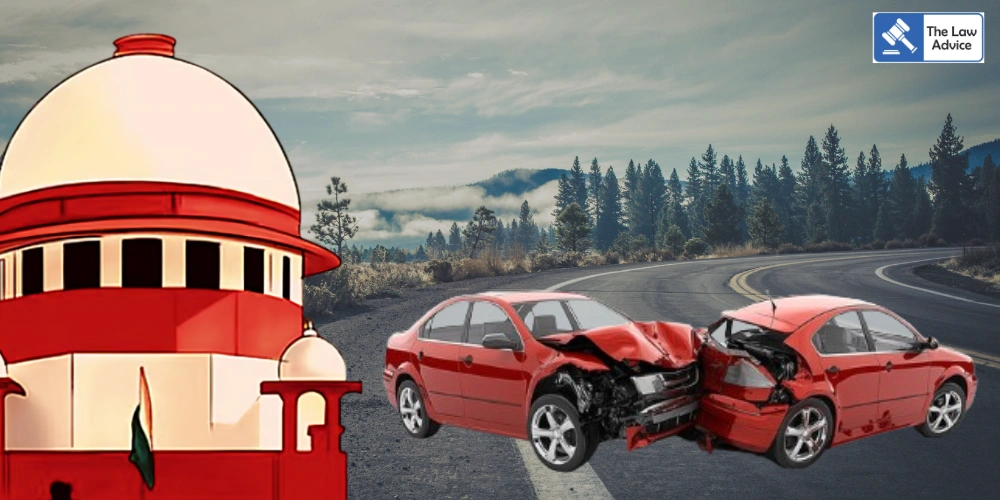New Delhi | July 17, 2025
The Supreme Court of India has referred an important legal question to a larger bench that could reshape how motor accident claims are decided: Can a passenger in a private or hired vehicle be considered a “third party” under motor insurance law and claim compensation under a third-party policy?
The issue arose during a motor accident claim appeal where conflicting interpretations under the Motor Vehicles Act, 1988 came to light. The Court decided that the answer is far from settled and warrants deeper judicial scrutiny.
Backdrop: One Ride, One Death, One Question
The case stems from a tragic accident in Kerala, where an auto-rickshaw passenger lost their life after the vehicle collided with a road obstruction. The family filed a claim under the Motor Accident Claims Tribunal (MACT), which held that the deceased, being a passenger, qualified as a “third party.” The insurer National Insurance Company challenged this, arguing that the insurance policy didn’t cover such passengers.
The Kerala High Court sided with the claimants. When the matter reached the Supreme Court, the bench found the issue too significant and too conflicted in existing law to decide in isolation.
What the Supreme Court Said
A two-judge bench of Justice Pankaj Mithal and Justice P.B. Varale noted that there were divergent views in previous judgments on whether passengers in non-commercial or hired vehicles can claim under third-party insurance.
“The question has wide implications for motor accident jurisprudence and insurance practices. It needs authoritative clarification by a larger bench,” the Court observed.
Until now, courts have inconsistently treated passengers — sometimes recognizing them as third parties, other times limiting that term to pedestrians or other road users.
Key Legal Conflict
The crux of the dispute is this:
• A third-party insurance policy is legally required and is meant to protect “third parties” typically, those affected by the negligence of the vehicle’s driver.
• But who exactly is a “third party”?
• Is it only pedestrians or occupants of other vehicles?
• Or does it include passengers inside the insured vehicle, especially those not paying for the ride?
This legal ambiguity has left claimants and insurers in a tug-of-war, with different High Courts interpreting the law differently.
Why This Referral Matters
1. For Victims and Families: A clearer ruling could standardize how compensation is awarded, removing arbitrary exclusions.
2. For Insurers: The decision will influence policy drafting, risk calculation, and premium structures.
3. For Courts and Tribunals: It provides the much-needed consistency for Motor Accident Claims Tribunals (MACTs) across the country.
Interim Relief Ordered
While the legal question awaits resolution, the Court directed National Insurance Company to deposit the compensation amount (as ordered by the High Court) within six weeks — ensuring the victim’s family is not left in limbo.
Case Title: The Divisional Manager, National Insurance Co. Ltd. v. Radha Santhosh & Ors.
